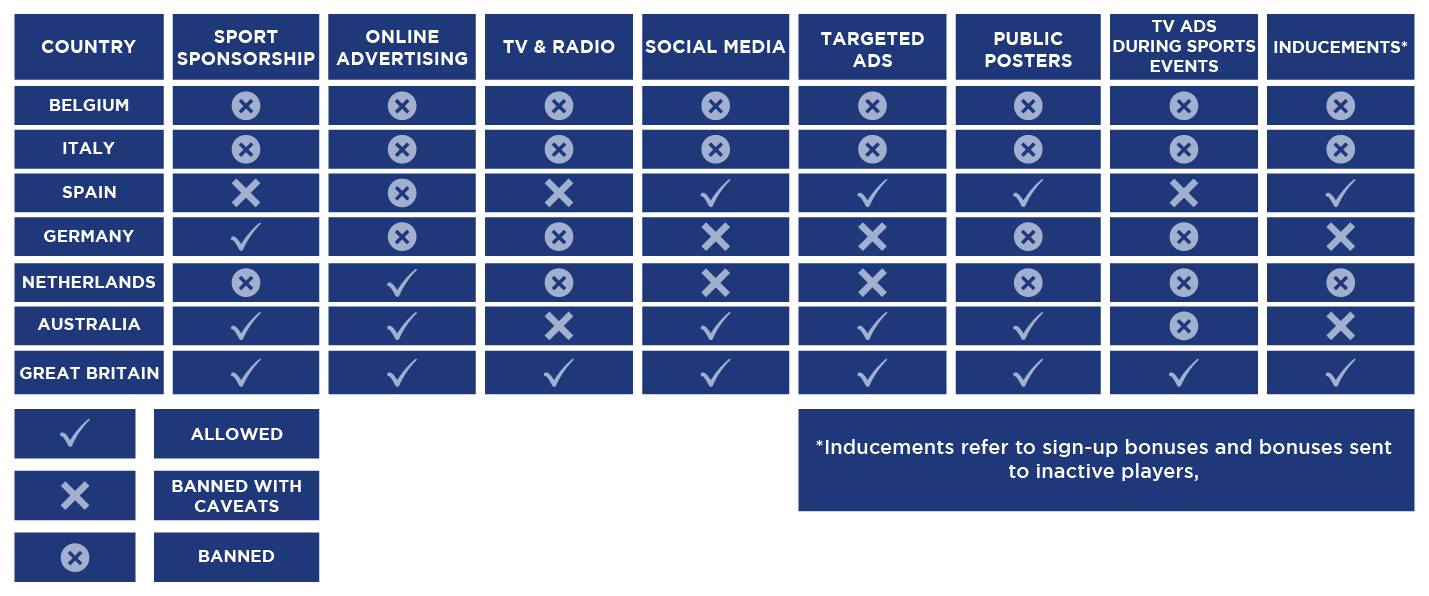




Congue quis aspernatur. Officiis urna quos, esse ornare nesciunt nisi! Rutrum facilisi magna quas mauris.
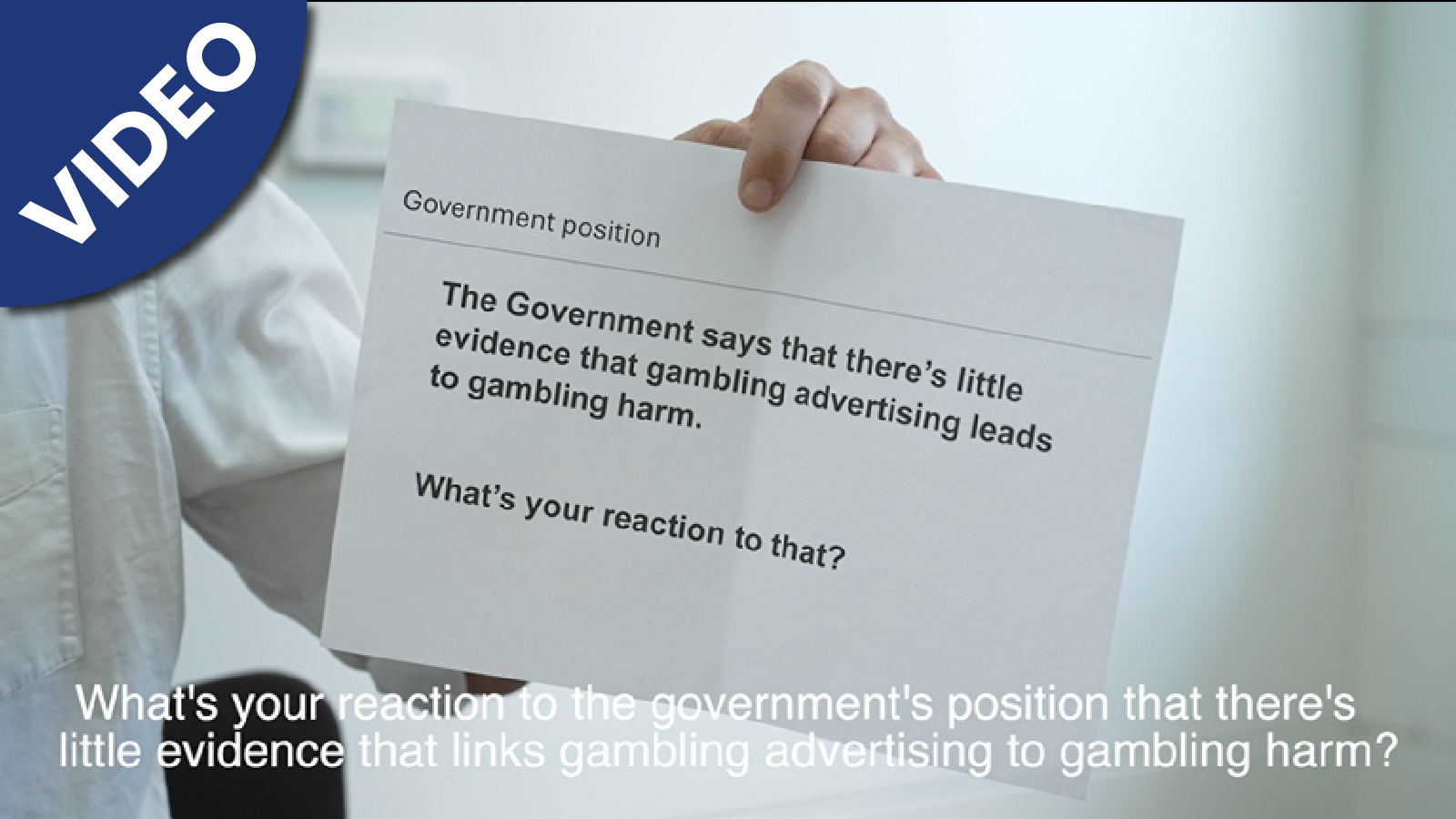



CEGA is calling on the UK Government to respond to the evidence and urgently start to restrict gambling advertising.
There is an abundance of evidence that gambling is harmful to a significant proportion of people who engage with it as well as to those around them, and that advertising is key to getting people to start gambling, and to gambling more once they’ve started. There is also evidence that gambling advertising threatens peoples’ recovery from addiction when they have been able to stop.
In 2026 CEGA will conduct further work into which elements of gambling advertising should be prioritised for restriction.
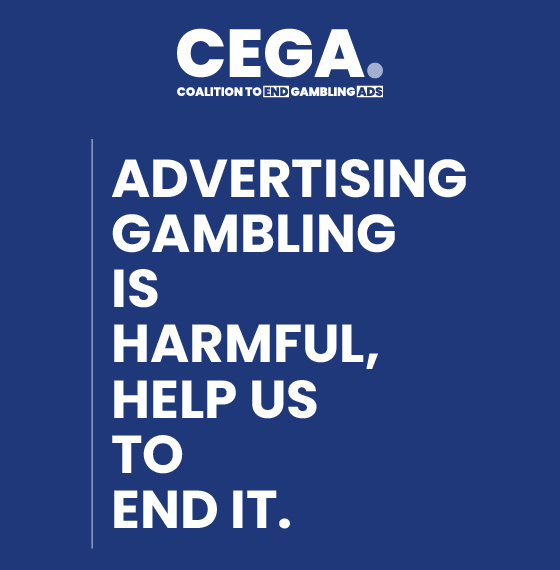
Will is a leading gambling reform campaigner. He is the former CEO of Gambling with Lives, has provided evidence to the Commons CMS Select Committee on Gambling, the APPG on Gambling Harm, and regularly comments in the media on gambling reform.
Prior to his work in the gambling harm space Will was a management consultant working across the third and public sectors, and developed extensive experience in charities as a senior leader and CEO. In 2024 he was awarded a Tenacious Award for his work with the Coalition to End Gambling Ads.
CEGA was founded by Matt Zarb-Cousin of Clean Up Gambling in 2021 under the name the Coalition Against Gambling Ads. We changed our name in 2024 to firm up our objectives.
The Coalition to End Gambling Ads is funded by Derek Webb, a philanthropist and long-time campaigner for gambling reform, and has received additional financial support from the Tenacious Awards in 2024/25.




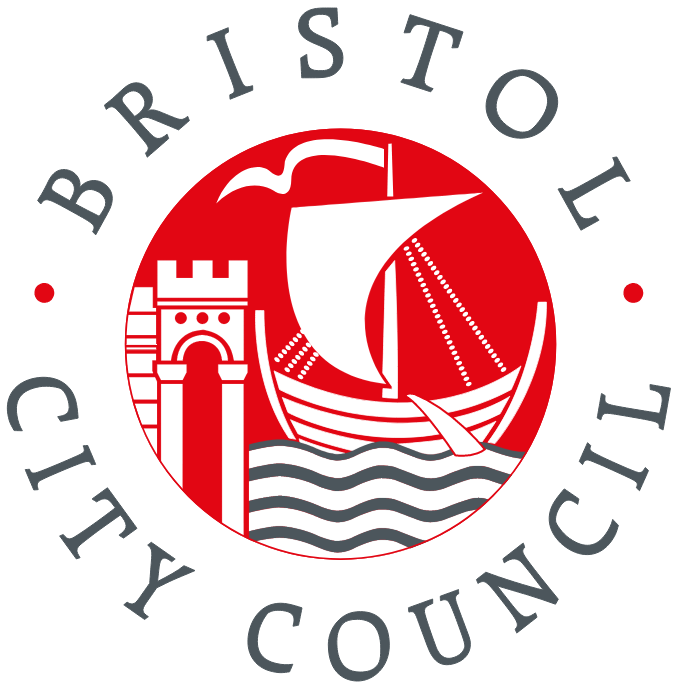



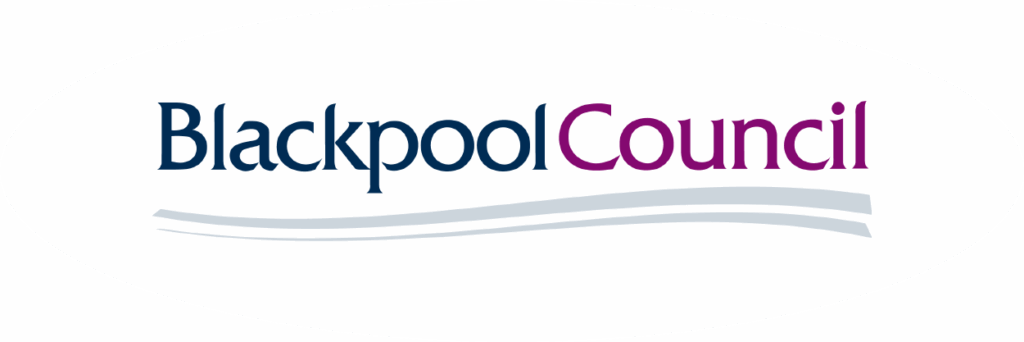























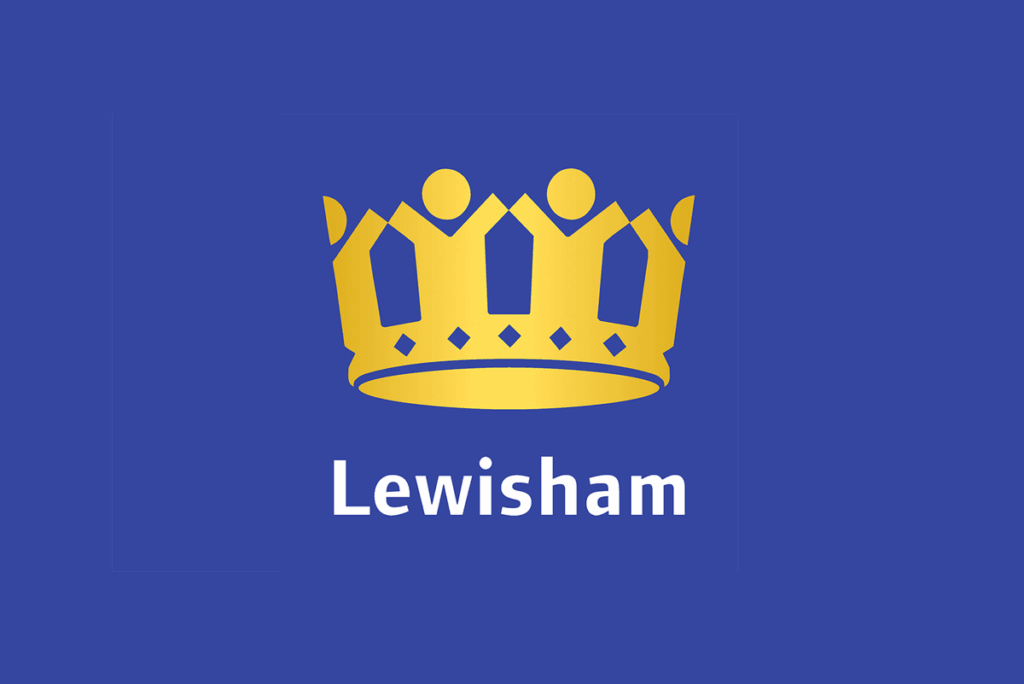




































Fill in your postcode below to get details on your MP and we will do the rest: –
The gambling industry makes a large proportion of its profits from harming people
The gambling industry takes c.£15bn a year in losses from the UK public, from a business model based on addiction and harm. Excluding the National Lottery 86% of online betting profits come from just 5% of customers. Over half the income of betting shops now comes from highly addictive machine gambling.
The gambling industry has caused a public health crisis. Indicative statistics from the Gambling Commission suggest that 1.3million people in the UK could have a gambling problem, and work by the Department of Health has found that there are likely to be between 117 and 496 suicides related to gambling each year in England.
For every person who is directly harmed, many more people around them, their family and friends, are also negatively impacted. 2024 official statistics from the Gambling Commission suggest that there may be over a million people who experience severe negative consequences from someone else’s gambling in the UK each year. Young people are particularly badly affected
Advertising is critical for the industry to maintain its business model
The industry relies on advertising to attract new customers to replace those who it has drained of financial resource or who have managed to get help to stop gambling. The industry spends £1.5Bn a year on advertising, which is why the nation is inundated by it. 6 in 10 consumers report seeing gambling advertising at least once a week. Sport is particularly plagued.
Gambling advertising works and it leads to harm
Academic studies consistently support the existence of a causal relationship between exposure to advertising of gambling products/brands and more positive attitudes to gambling, greater intentions to gamble and increased gambling activity at both individual and population level. We also know from evidence reviews that there’s a link between total consumption of gambling and harm from gambling. If total consumption increases so does harm.
This is supported by the findings of a seminal study by Oxford University on the bank transactions of 6.5million individuals over 7 years, which found that 25% of people who gamble are at significant risk of harm. The study found that ‘Gambling is associated with higher financial distress and lower financial inclusion and planning, and with negative lifestyle, health, well-being and leisure outcomes. Gambling is associated with higher rates of future unemployment, physical disability and, at the highest levels, substantially increased mortality.’
In the UK market Gambling Commission Research of how consumers engaged with gambling advertising in 2020 found over a third of past 12-month gamblers claimed to have been prompted to spend money on a gambling activity by advertising they had seen.
The study also found that different forms of advertising caused people to gamble for the first time. 26% of past-12-month gamblers said that free bets had prompted them to gamble for the first time, 21% said social media posts had impacted their wish to gamble for the first time, and 19% said that was true of gambling industry sponsorship.
Restrictions on gambling advertising will reduce harm.
Policies to limit advertising since the 2005 Gambling Act have thus far focused on limiting exposure to ‘vulnerable’ individuals, usually meant to mean children and people who have already experienced gambling harm. These policies have been ineffective, and they ignore the link between total consumption of gambling at the population level and harm.
Early evidence from Spain, where restrictions on gambling advertising came into effect following a Royal Decree, suggests that limitations on gambling advertising have had an impact on new accounts and total money gambled.
The UK’s policies on gambling advertising are far more liberal than those of many other countries.
